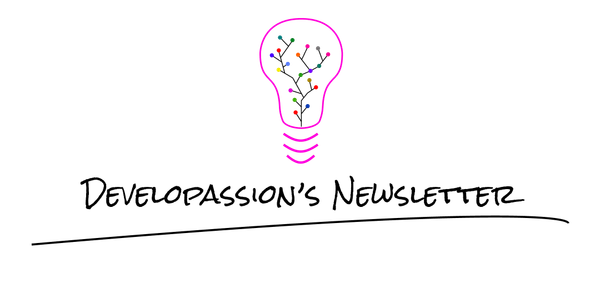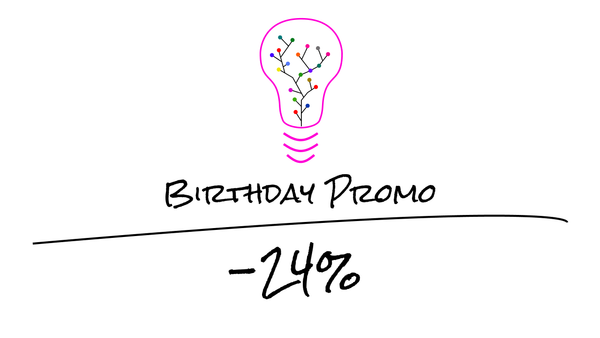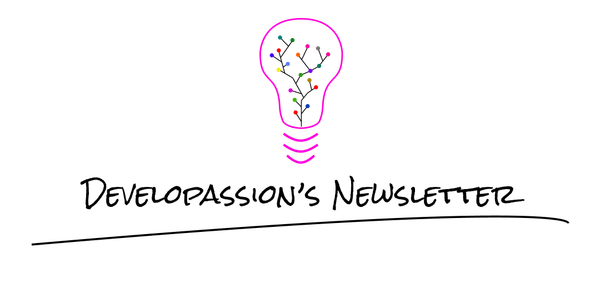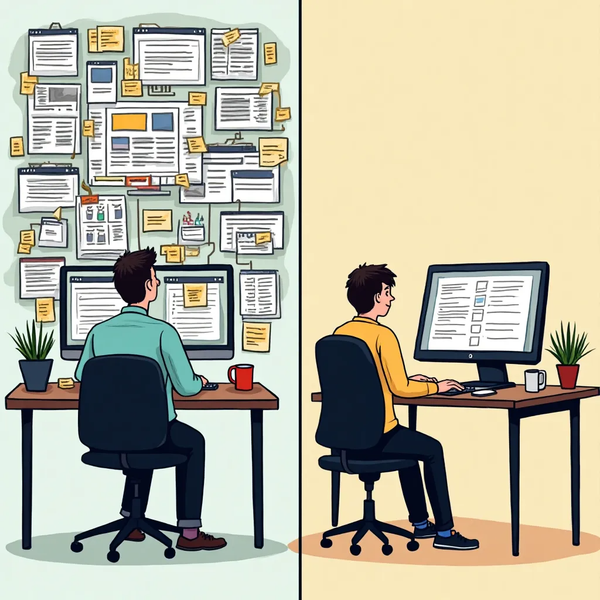The poison of Perfectionism
Perfectionism is a poison. It's a disease that we need to understand and fight against. Here's why.
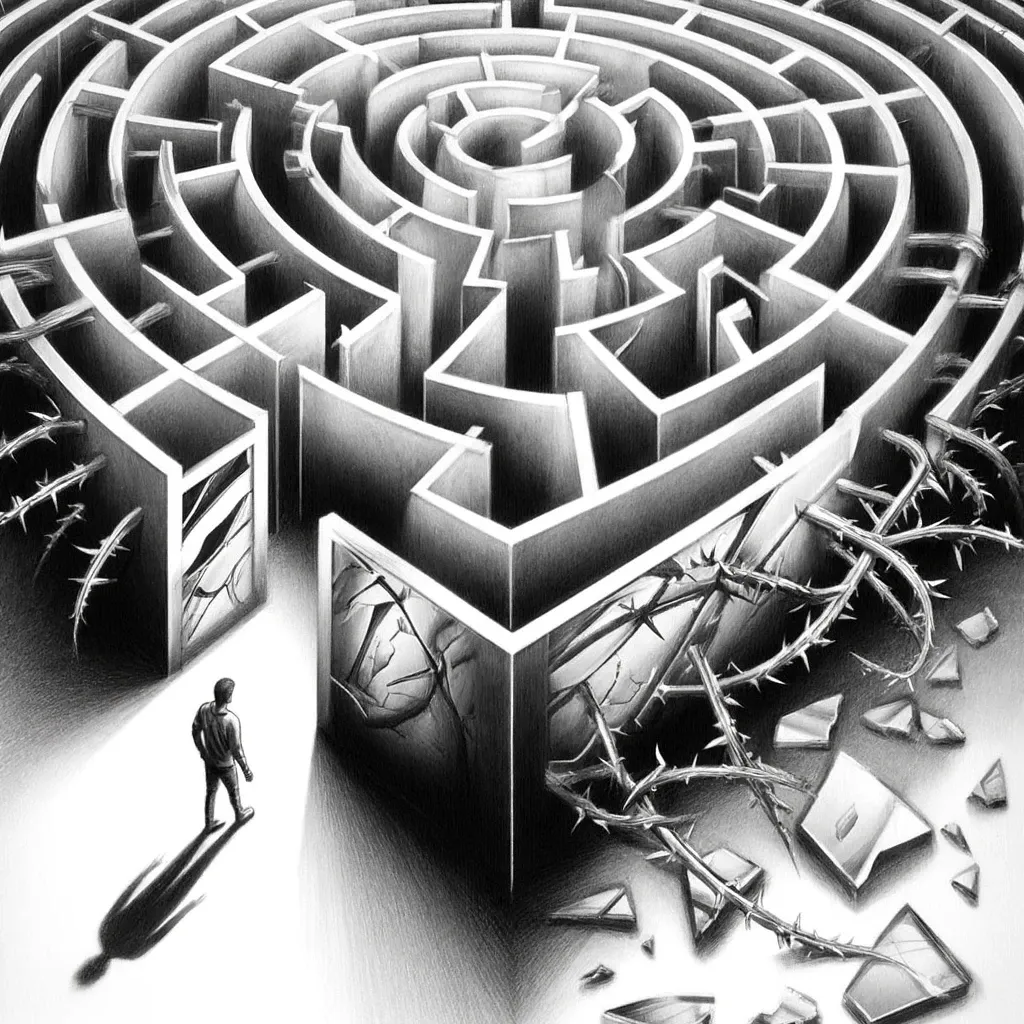
In this article, I want to discuss reasons why perfectionism can be a poison for creativity, productivity, success, and wealth.
Perfectionism: the good
Perfectionists are generally driven by a really strong and deeply rooted will to achieve high-quality results. All their senses are trained to notice even the most minor defects. They focus their attention on those, and they end up being all they can see.
Once they have noticed something wrong, they feel so bad that they change their priorities (consciously or not!) to fix the problem. They have to refine their work until most if not all of those defects have been eliminated, leaving them with “perfection”.
When looking solely at the end result, it is obvious that the work produced by a perfectionist is way more polished. This is of course the positive side of perfectionism.
Unfortunately, there are serious downsides as well.
Perfectionism: the bad
Perfectionists don't always fool themselves. They know that their soul-driven hunger for perfection cannot be satisfied. No matter how much effort they make, they can only tend toward what they consider to be the best possible result. They know that perfection is impossible to achieve. Still, they keep trying.
But in their search for "better", they often fail to acknowledge the "good enough" state. As a result, they tend to spend way too much time and energy on some tasks. Sometimes it ends up being worth it because the tasks were indeed important, but oftentimes, they also overspend on futile details that have no real value.
Having suffered from this "disease" for a really long time myself, I cannot help but notice when other perfectionists around me fall into the trap. I keep telling them things like "There's no time for that", "That will end up being too costly", "This is good enough", "No need to do this now, it's useless", etc. For example, a colleague and I were building a Docker image recently. That image's goal is to be used as the basis for CI pipelines by other teams/projects. My colleague immediately wanted to optimize the image to reduce the number of layers and make it as light as possible. He then wanted to create reusable parent images, use Alpine instead of Debian to make it even lighter, etc. While those were actually good ideas that I agreed with, I pushed back, and we just focused on delivering something that worked, even if far from perfect. The rationale was simply that no one was using the image yet, so making it perfect made no sense at all. We would have lost precious time if we went down that path right from the get-go. And there are countless examples like that. For software developers and IT people in general, traps like these are almost infinite. It's rabbit holes everywhere.
Perfectionism: the ugly
The real challenge when you are a perfectionist is not only to realize when you are going too far, but actually to resist the urge to keep going. While I can easily notice when others around me or myself fall for the perfectionism trap, it's much harder for me to just stop and leave things as they are.
To give you context, I've worked for two years on a startup project that ended up going nowhere, in part because of perfectionism. And the reality is that even though I am writing this piece, being extremely aware of the perfectionism trap, I still fall for it many more times than I care to admit.
Having just started a new SaaS project, I am trying hard to fight my demons. But I'm not sure that I'm strong enough. I've bought a SaaS starter kit, hoping to bypass some traps, but ended up rewriting most of the pieces. There are advantages to doing that, as I get to understand how everything fits together and really make it my own/tailor it to my own needs. But I know it's just the perfectionist in me that cannot stand the imperfections I keep noticing. That's my reality. A constant fight to avoid seeking perfection. A fight that I cannot win, as perfection is nothing but an illusion. And still, here I am, searching for it.

Conclusion
In this article, I've discussed the good, the bad, and the ugly sides of perfectionism.
I consider perfectionism to be a disease, and you should too. People who manage to ignore the imperfections they notice are the ones who actually deliver. They're the ones who are then able to iterate to greatness, instead of perfection.
Perfectionists are suffering. They're looking for something that can never be found or reached, but only imagined. They're dreamers. And dreamers don't deliver. They're merely hallucinating. The whole universe is chaotic and imperfect. And we ought to accept that as something good, instead of trying to fight against entropy to bring order where it doesn't belong. Time to wake up and deliver!
That's it for today! ✨
About Sébastien
I'm Sébastien Dubois, and I'm on a mission to help knowledge workers escape information overload. After 20+ years in IT and seeing too many brilliant minds drowning in digital chaos, I've decided to help people build systems that actually work. Through the Knowii Community, my courses, products & services and my Website, I share practical and battle-tested systems. You can follow me on X 🐦 and on BlueSky 🦋.
I am an author, founder, and coach. I write books and articles about Knowledge Work, Personal Knowledge Management, Note-taking, Lifelong Learning, Personal Organization, and Zen Productivity. I also craft lovely digital products.
If you want to follow my work, then become a member and join our community.
Ready to get to the next level?
If you're tired of information overwhelm and ready to build a reliable knowledge system:
- 🎯 Join Knowii and get access to my complete knowledge transformation system
- 📚 Take the Course and Master Knowledge Management
- 🚀 Start with a Rock-solid System: the Obsidian Starter Kit
- 🦉 Get Personal Coaching: Work with me 1-on-1
- 🛒 Check out my other products and services. These will give you a rock-solid starting point for your note-taking and Knowledge Management efforts


